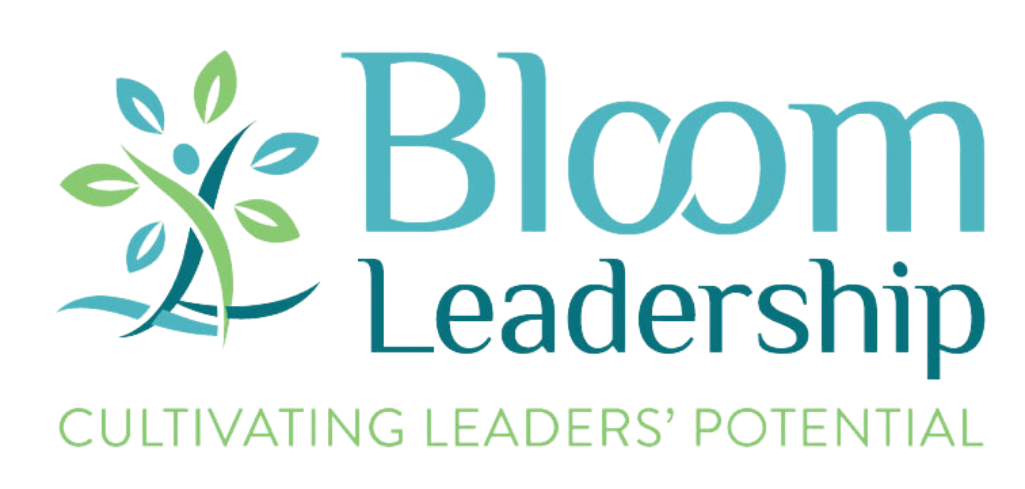Why Hiring Managers Need to Stop Focusing on Resumes
Resumes: A History
In 1842, Leonardo DaVinci wrote the first resume in recorded history.
In the 1930s, resumes were considered a formality, often created last minute on a spare piece of paper.
In the 1950s, resumes became an expectation.
Since then, the presentation, delivery methods, and contents of the resume have changed and evolved. However, the question remains the same: can a resume capture who someone is?
The answer, of course, is no.
Resumes are a great snapshot of where a person has worked. They do not encompass a person’s potential or ambition. They do not encapsulate a person’s desire to learn and grow. Resumes fail to show who a person is beyond the paper and show only a strategically planned presentation of previous work. Rather than honing in on a resume, hiring managers should take a high-level overview of contributing factors such as the job market, community engagement, and life outside the workplace.
The Struggles of the Job Market
While the job market has made significant strides since the 2008 recession, the comeback has not been kind to millennials who are often fresh out of school with limited experience. It’s widely believed that this phenomenon is related to the age-old tale of businesses giving precedence to those with more experience.
So what does this mean for hiring managers?
Try to keep an open mind. Does the position you’re offering tend to have low demand in the job market? Is this a position in which an enthusiastic employee with little experience could learn through training? Perhaps they don’t have relevant experience but have valuable, transferrable skills. The point is, think outside the box when conducting a preliminary screening of resumes.
Social Engagement
The age of social media doesn’t allow for many secrets. That’s why recruiters and hiring managers have increasingly been using social media to assess potential candidates. According to the Annual Career Builder Social Media Recruitment Survey, fifty-two percent of employers use social media to research job candidates, a thirteen percent increase over the two years previous.
Does social media give hiring managers the complete picture of a person? Of course not! However, it can act as a puzzle piece that gives a clearer view of the person overall. Social media can show a potential employee’s:
Passion about certain subjects, and if they strive to change the world they live in;
Extracurricular activities;
Whole Person Development blend;
Communication skills;
Conveyance of integrity and professionalism and;
Value alignment with the company’s culture.
While social media can often be used as a platform for conveying an image that may not be entirely accurate, hiring managers can usually use this medium get a good feeling about how a person will fit into their business. If two candidates are equal in skill level, but one person posts offensive imagery online, while the other appears positive and socially engaged, who do you think will get the job?
The Shift Away From Resumes
More and more companies are shifting their focus away from resumes and into alternative hiring processes, such as social media scanning, skills tests, personality tests, portfolios, and trial assignments. Forward thinking businesses realize the benefits of hiring for potential rather than experience. Bob Pritchett, CEO of Faithlife, summed up his shift away from traditional hiring methods perfectly in a recent Business Insider interview:
"By looking at what (potential employees have) done online and what they've created, we've been able to identify great candidates who might otherwise be undistinguished."
Pritchett uses a combination of interviewing, skills testing, and trial assignments to determine what candidates are suitable for his team. Unlike many businesses, Pritchett doesn’t outline post-secondary education or years of experience as required qualifications.
Looking Past the Paper
Leonardo DaVinci has an impressive resume. Many of his early inventions—the flying machine, scuba gear, the self-propelled cart—went on to shape modern technology as we know it. Ironically, the unintentional creation of the resume is not one of his best inventions.
But let’s not discount the resume as a valuable tool. Resumes are a streamlined way to summarize past experiences and skills that can be used as the foundation for conversation in an interview. Resumes can act as a puzzle piece to the professional aspect of one’s Whole Person Development blend. They aren’t however, the epitome of hiring. To attract top talent, we must look past the paper and hire for potential.
To learn more about our Human Resources series click here.
Meredith Wailes is the president of Bloom Leadership.
Her goal is to eliminate suffering in the workforce by creating exceptional value and growth for business and entrepreneurs.
For more information on how we achieve this please check out Bloom Leadership.
More of the Latest Insights






